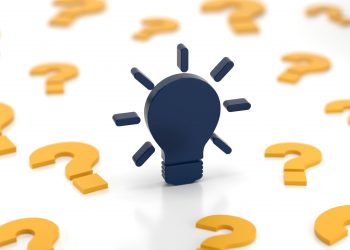Many people who would like to buy a house struggle to save up enough money for a down payment. If you’re in that situation, you may be able to get help from a matched savings program.
How Does a Matched Savings Program Work?
You will be required to make contributions to an account specifically earmarked for a down payment on a house. Another entity, which may be a government agency or a nonprofit organization working in partnership with a financial institution, will then match your contributions.
The amount of the match will depend on the program. The other party may match your contributions dollar for dollar, or it may match several times the amount you contribute. In some cases, your contributions will only be matched up to a certain dollar amount. With other programs, you may be required to put in a minimum amount each month to qualify for a down payment credit at closing.
Most programs are for first-time homebuyers, but you may be able to find one that can help you if you have owned a house in the past. Where you want to buy a home, your income, the size of your household, your occupation, your credit score and your debt-to-income ratio may all affect your eligibility for down payment assistance. There may also be rules regarding the type of home you can buy, the maximum mortgage amount and how long you must live in the home.
Is a Matched Savings Program Right for You?
If you’re having a hard time saving enough for a down payment, getting free money through a matched savings program may seem like an ideal solution. There are some caveats, however.
First of all, you will have to find a program you qualify for. Many of them are not well advertised, but your real estate agent or an online search may be able to point you in the right direction. Eligibility criteria vary from one program to another, so it may take some research to find one that’s appropriate for you.
Since financial institutions that provide matching funds are taking a risk, they often charge program participants higher interest rates. If you take advantage of a matched savings program, you may be able to buy a house faster, but you may have to pay more in interest over the life of the loan.
Some mortgage programs, such as those offered by the Federal Housing Administration, require only a low down payment. If you put a small sum down, you may have to spend thousands of dollars per year on private mortgage insurance, however.
Start by looking for matched savings programs in your area to find out if you qualify, how much assistance you would be eligible for, and how accepting down payment help could affect your interest rate and long-term costs. Then consider other options, such as a mortgage with a low down payment, to figure out which would be the best solution for you.











